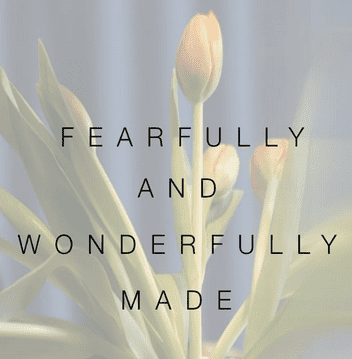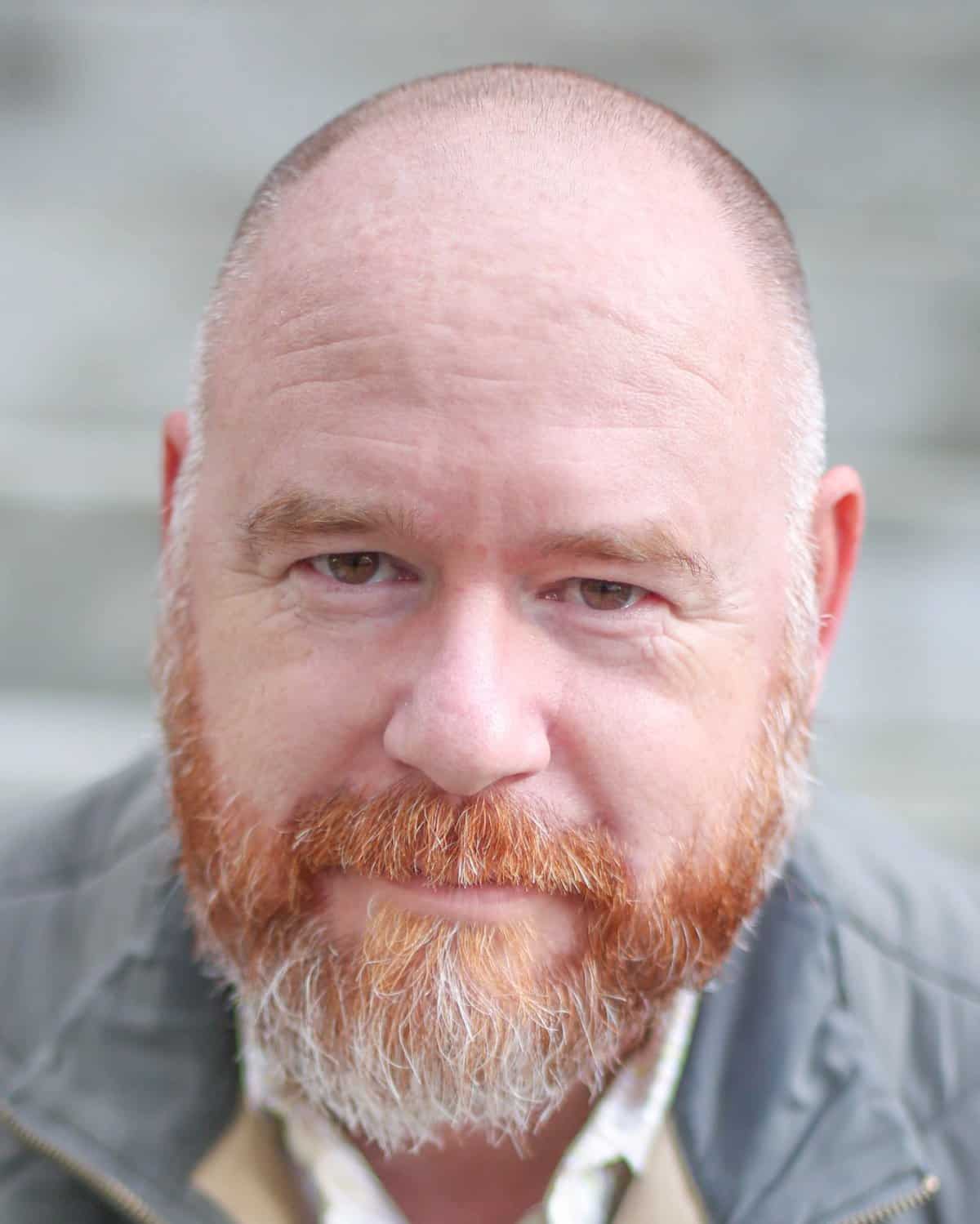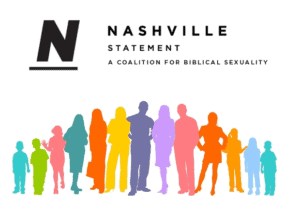 For thus says the Lord: To the eunuchs who keep my sabbaths, who choose the things that please me and hold fast my covenant, I will give, in my house and within my walls, a monument and a name better than sons and daughters; I will give them an everlasting name that shall not be cut off.
For thus says the Lord: To the eunuchs who keep my sabbaths, who choose the things that please me and hold fast my covenant, I will give, in my house and within my walls, a monument and a name better than sons and daughters; I will give them an everlasting name that shall not be cut off.
Isaiah 56:4-5
There is a wild beauty in stories.
Stories shape us and have the power to change us. The most powerful stories are ones of transformation—stories of those who have overcome a great challenge and done so at a deficit, stories of those who have faced a great fear all the while trembling, stories of those who have been outcast only to become the heroes or heroines we’ve needed all along.
Dr. Megan DeFranza is a remarkable scholar and theologian, but in her new curriculum Fearfully and Wonderfully Made: Scripture and the New Science of Gender, she shows herself to be a master storyteller as well, thoughtfully introducing and weaving the stories of those who do not fit the male-female gender binary.
Those featured recount their own journeys of navigating life and faith in bodies that are just as beautiful and those different from theirs. As we read, we are faced with stories of pain, trauma, and rejection as well as stories of transformation—physically, emotionally, and spiritually—as each person learns to embrace the unique ways God made them. Their stories are invitations for communities of faith to embrace both themselves and others who are similarly made, yet so often similarly marginalized.
Fearfully and Wonderfully Made is a six-part video curriculum that includes a leader’s guide to assist in the facilitation of small-group discussions. Each video is just over 20 minutes and includes an introduction to the topic, the story of an intersex person, and opportunities to reflect and write down thoughts and questions viewers might have. After the reflection, DeFranza provides a brief teaching around biblical passages or themes, asking us to consider how faith can impact our understanding of intersex people (and intersex people’s understanding of themselves).
The pace and content of the videos make for a meaningful foundation for small groups to then pivot into discussing and processing what they’ve heard, learned, and felt. In addition to the video, the leader’s guide includes helpful ground rules and guidelines for facilitating conversations on human sexuality and the sensitivity that such discussions require. It also includes additional resources and links by DeFranza and several others featured in the videos.
The centerpieces of the curriculum, however, are the stories themselves and DeFranza’s insights. In the second session, for example, we are introduced to Jorge, an intersex man who was born with two testes and one ovary. Jorge shares the painful road he’s had to walk, born into a family that wanted to hide his body, and the role their Catholic faith played in their decisions. He discusses the deleterious effects that various hormone therapies have had on his body and his mental health. And yet, Jorge shares how he has come to embrace the way he is made.
What has emerged is a desire to display joy, contentment, and kindness.
DeFranza couples Jorge’s story with a brief thematic review of the way eunuchs were treated by Jesus, by Isaiah, and by the early disciples. She points out Jesus’ response in Matthew 19, where he says that some eunuchs are born eunuchs, some are made, and still others choose to be eunuchs (Matt. 19:12). While acknowledging challenges to interpreting this passage, DeFranza nevertheless parallels ancient eunichs with our modern understanding of intersex people. From there, she highlights Isaiah 56, where eunuchs and foreigners are described as having a place in God’s kingdom because the Lord’s house is a “house of prayer for all peoples.” The last image DeFranza leaves us with is that of Philip and the Ethiopian eunuch—one who, as both a eunuch and a foreigner, embodies Isaiah 56. Their story in Acts 8 displays that which was imagined in Isaiah 56—an inclusive family of faith.
In each instance, DeFranza highlights that there is no point at which Jesus, Isaiah, or Philip identify eunichs (in our case, intersex people) as those whose state is due to sin or a result of the Fall. Jesus neither heals eunuchs nor condemns them; rather, he invites them into the kingdom and into the family of God.
Fearfully and Wonderfully Made isn’t a Bible study, but neither is it not a study of the Bible. It is a curriculum crafted with the church in mind, specifically to guide Christians who are trying to understand how to faithfully and generously respond to their intersex neighbors.
In the final session, DeFranza shares that she hopes the church will become “a much safer place for those born between male and female.” Her work is helpful, approachable, and a wonderful blend of thoughtful, academic, and humanizing. While the reader may not be convinced by DeFranza’s interpretations of certain passages, her scholarship is nonetheless careful, sincere, and impressive.
The curriculum concludes with a reflection on Matthew 25 and Jesus imploring the disciples to care for the least of these. Intersex neighbors are undoubtedly among those we might identify as the least numerically (estimated at 1 in 2,000) and least in focus (given the history of marginalization they have had to endure). This curriculum is an invitation to a form of discipleship that displays the welcome, love, care, and embrace that Jesus says ought to mark those bearing his name.
The best stories always shape us, wooing us towards transformation and welcoming us into the better parts of who we are and who we want to be. In Fearfully and Wonderfully Made, stories are used as a method of discipleship, with the lives of intersex friends juxtaposed with those of prophets, evangelists, and Jesus himself in an effort to help us faithfully live out the best story of all.
 Matthew Watson serves as Pastor of Teaching and Outreach for Christ City Church, a dynamic, multiracial congregation which meets in the H St Corridor community of Washington, DC. You can follow him @watsonopolis or @ChristCityDC.
Matthew Watson serves as Pastor of Teaching and Outreach for Christ City Church, a dynamic, multiracial congregation which meets in the H St Corridor community of Washington, DC. You can follow him @watsonopolis or @ChristCityDC.


